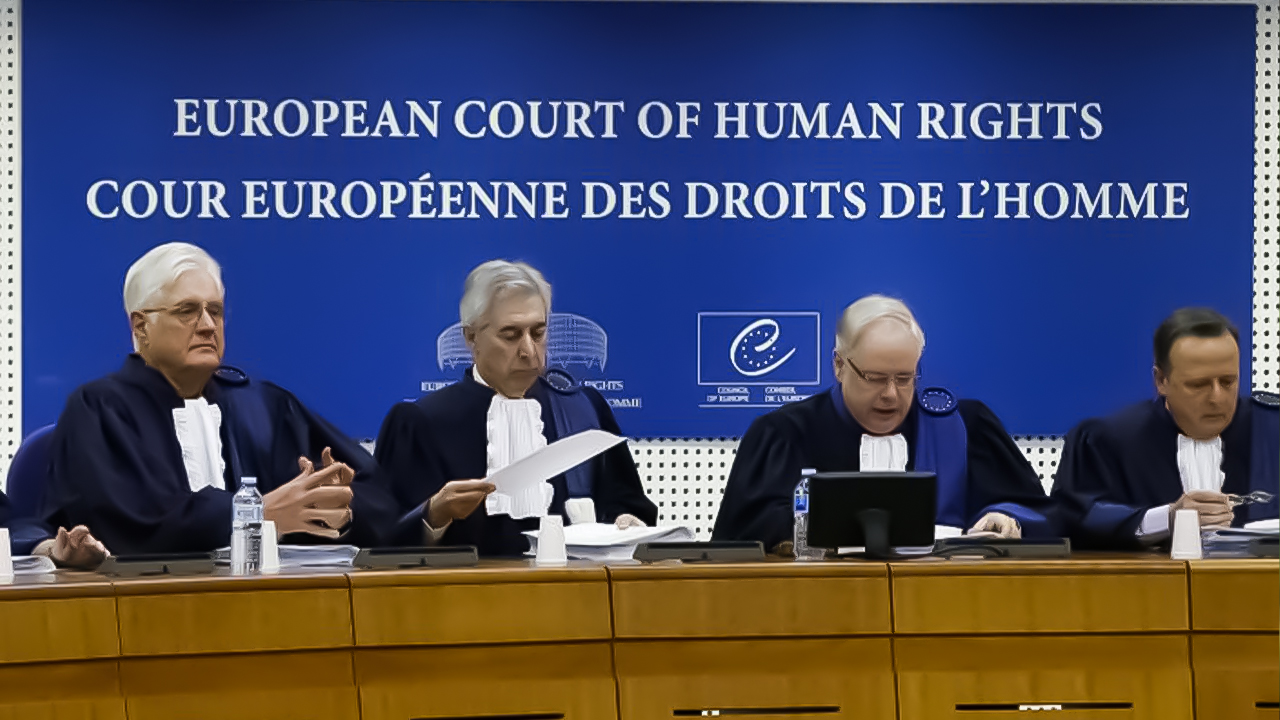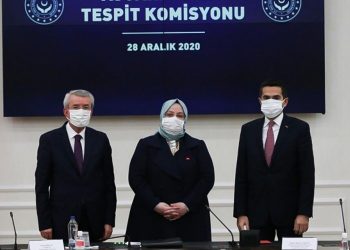by Dylan Hasan
Lebanon has been suffering from severe economic hardship since the end of the civil war three decades ago. In the midst of an economic crisis, news has been circulating about a plan to lift subsidies on basic commodities such as flour, medicine and fuel. In addition to the rampant corruption in state institutions, the crimes of wasting public money, the collapse of the currency exchange rate against the dollar, the threat of a removal of subsidies has raised concerns about any ensuing rise in commodity prices.
United Nations (UN) experts have warned of the risk of lifting subsidies on commodities. Two officials from the United Nations Children’s Fund (UNICEF) and the International Labour Organization (ILO) stated that the impact of cancelling subsidies on goods in Lebanon will be catastrophic for the poor and most vulnerable families. They also warned of an upcoming social disaster with an increasing number of families falling below the poverty line due to the intensifying economic crisis. Yuki Mokuo, UNICEF’s representative in Lebanon, and Ruba Jaradat, the Regional Director of the ILO, said that the impact of cancelling the subsidies would be enormous, and the failure to put in place a comprehensive social security system would cause disaster and undermine the welfare of Lebanon. “The impact of removing price subsidies on the country’s most vulnerable households will be tremendous and yet there is almost nothing in place to help soften the fall”, they concluded in an op-ed piece entitled ‘Hurtling toward a precipice: with no parachute attached’.

Until this moment, conflicting information remains the master of the situation. The moment the information about the subsidy removal was leaked, officials appeared to confirm that “official decisions on this issue have not been issued yet”, according to the General Director of Grains in the Lebanese Economy Ministry, Gerges Barbari. He added that “what is being circulated about the removal of flour subsidies is incorrect”.
The Central Bank of Lebanon subsidizes basic commodities by providing hard currency to importers at the old exchange rate of 1,500 Lebanese pounds to one dollar. However, the pound has lost 80% of its value now. Central Bank Governor Riad Salameh last week said that the support could last for another two months only, and called on the state to develop an alternative plan. The World Bank stated that poverty is most likely to continue to worsen and will affect more than half of the population by next year.

Commenting on this, a source in the Lebanese Ministry of Economy told Al-Hurra website that the ministry does not decide whether to lift the subsidy or not. The source explained that this decision needs the approval of the Council of Ministers and the Central Bank, and added that the ministry is working with the World Bank to rationalize support and deliver it to those who really need it.
Logically, the subsidy policy was a wrong policy from the start, as it supported companies controlling import operations and did not support people in need. These subsidized companies have a monopoly on food, fuel, wheat and medicine, and thus, this issue was one of the reasons for the depletion of hard currency (dollars) from the Lebanese Bank. A rough analysis shows that up to 80% of the subsidies may actually be benefiting the wealthiest 50%, with only 20% going to the poorer half. Several companies resorted to storing goods, while other subsidized goods have been smuggled out of Lebanon. Lifting subsidies on several commodities would be disastrous in Lebanon, but officials do not dare to announce this decision yet. The provisional government does not want to carry the fireball because it will lead to a major social explosion, and its repercussions will be very negative on society. The erosion of citizens’ purchasing power will be substantive at a time when there is a high exchange rate of the dollar against the national currency.

As a result, Lebanon has witnessed demonstrations in several regions to reject the decision of lifting the subsidies. Protests took place in front of the Ministry of the Economy in central Beirut and some main roads were blocked, and traffic had to return to the northern regions, especially in Tripoli, Danniyeh and Akkar.
Abolishing Subsidies: Towards Total Anarchy?
According to the news, the meetings devoted to searching for a “new mechanism” to subsidize the prices of medicine, fuel and wheat continue. The circulating words currently are to ‘rationalize support’, which is intended to remove it partially or completely. In these meetings that take place in the government palace, there is no accurate figure for the savings that would be made when the subsidy is cancelled. It is estimated to be between one and one and a half billion dollars. The problem, according to officials who participated in the meetings, is that it does not include all the concerned parties, and a specialized technical team does not work to develop a clear plan, so the discussions remain generalised, and the whole topic does not approach the essence of the problem.
Amongst the ideas that were put forward was one to completely cancel the support and allocate a cash support of 500,000 pounds per month to each of the poorest Lebanese families, stating that international donors would support the families of Palestinian and Syrian refugees. Here, too, no serious numbers have been taken into account. The initial estimate speaks of 400,000 Lebanese families. Some of the attendees reportedly replied that “the cost of monetary support will be huge on the state, which will then be forced to ask the Banque du Liban to print more currency, increasing inflation”.
However, the study presented a review of the principles of protecting drug security and achieving self-sufficiency through supporting the national industry and establishing the central laboratory. The conclusion of the meetings until yesterday has reportedly been that support is still up for debate, and no one has a clear vision of how to manage the crisis and secure a “safe landing”, and therefore, the danger of “global chaos” looms on the horizon.
The only hope for a speedy reaction, some hoped, lay in French President Emmanuel Macron’s scheduled visit to Beirut on 22 December, where it was suggested that he might pressure leaders to act quickly at such a critical time when the country is collapsing. However, the French Presidency announced on Thursday that Macron has tested positive for coronavirus and hence his visit to Lebanon has been cancelled.

















